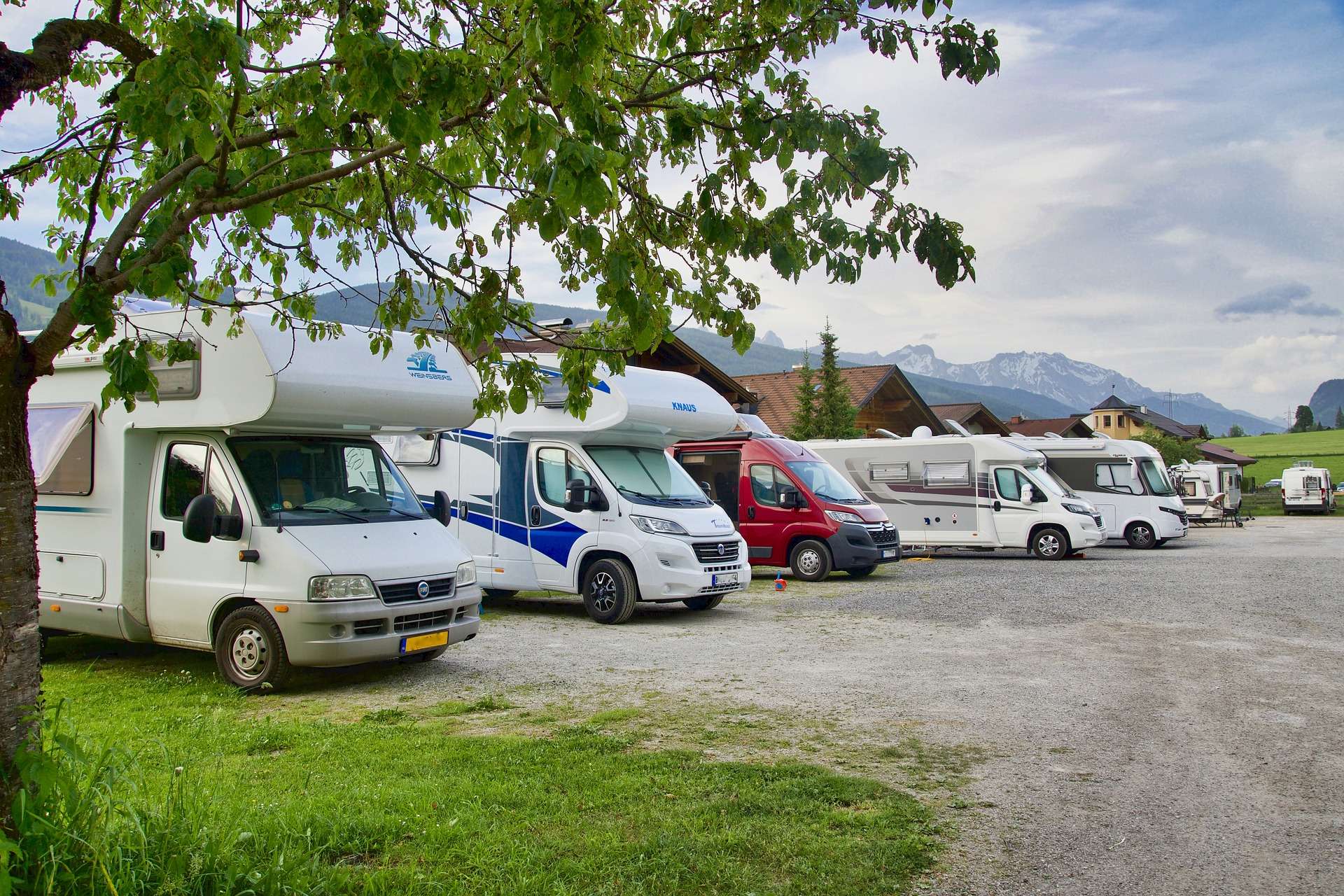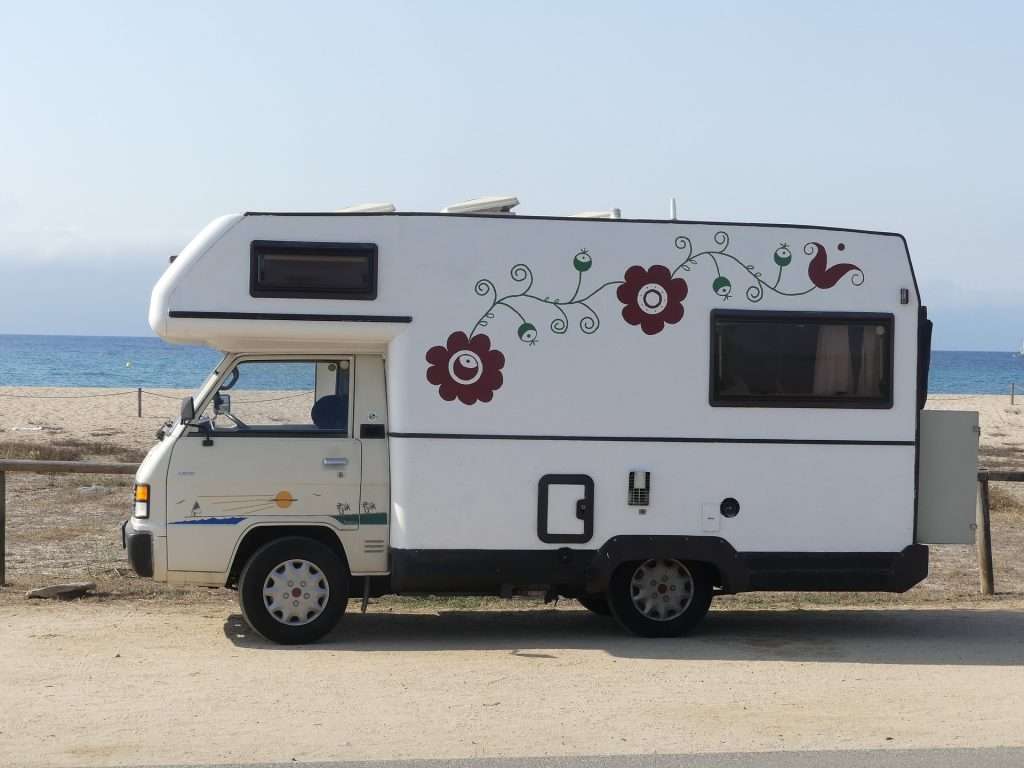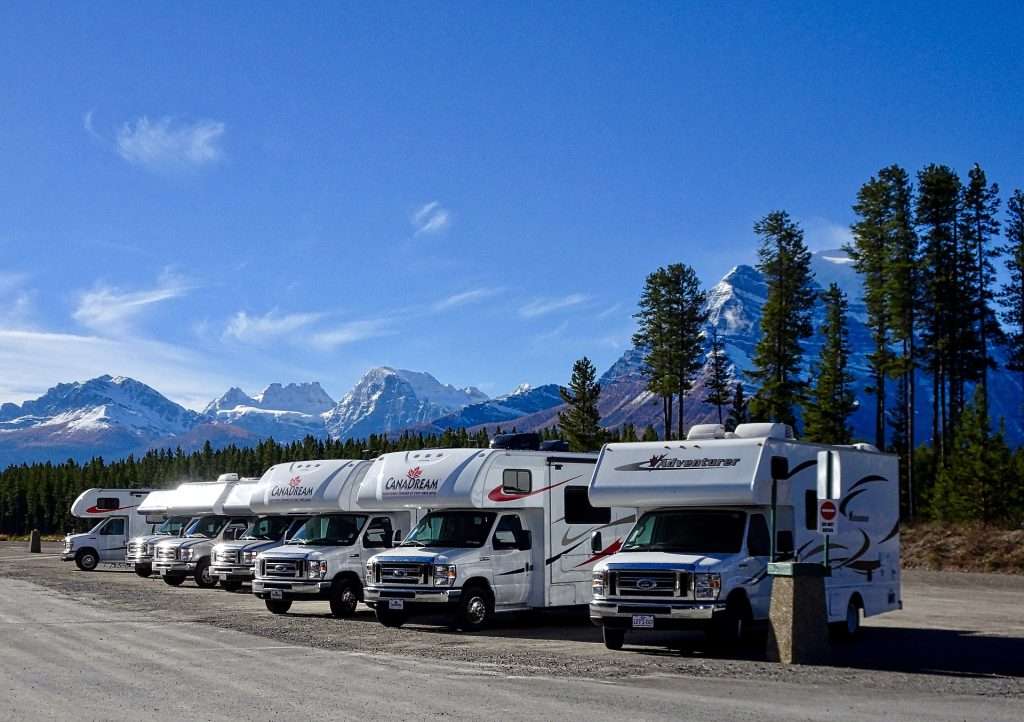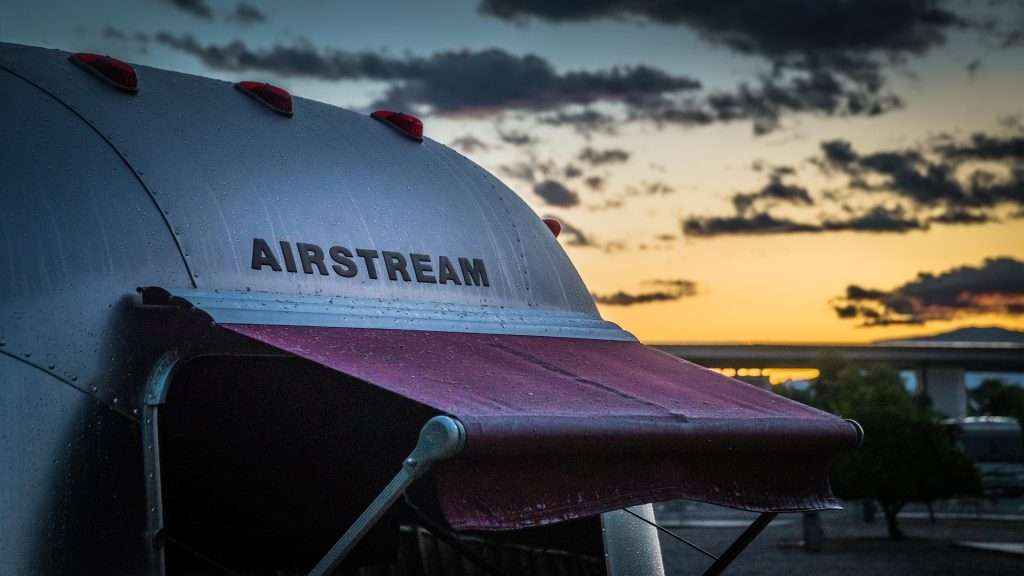
Texas RV Consignment: What You Need To Know
I’ve navigated the ins and outs of the RV industry, and I understand how daunting the process of Texas RV consignment can initially appear.
Whether you’re considering selling your cherished RV or looking to purchase a reliable one, embarking on this journey can seem like venturing into uncharted territory. But fear not, fellow road warriors; this process can be incredibly rewarding and significantly less intimidating with the right knowledge and understanding.
As I delve deep into the realm of Texas RV consignment, we’ll cover everything from what consignment means in the RV world to the benefits it can offer both sellers and buyers. By shedding light on this process’s important details and nuances, I’ll equip you with the necessary insights and confidence to navigate the RV consignment landscape in the Lone Star State.
So, whether you’re a seasoned RVer or a novice, this comprehensive guide is tailored to assist everyone on their unique RV journey.
Understanding Texas RV Consignment
To better navigate the world of Texas RV consignment, it’s crucial to first understand what RV consignment entails. In essence, RV consignment is a process where an RV owner (consignor) entrusts their RV to a dealer (consignee), who then takes on the responsibility of selling the RV. Instead of having to market and sell the RV themselves, the owner relies on the dealer’s expertise and networks to secure a buyer.
This process follows the same fundamental principles when you delve into Texas RV consignment. As a consignor in Texas, you would typically enter into a consignment agreement with a trusted RV dealer. This agreement outlines the terms and conditions of the consignment, such as the listing price, dealer commission, storage terms, and duration of the agreement.
The dealer then displays and advertises your RV on their lot and online platforms, reaching a wider audience than you might be able to on your own. Potential buyers can view your RV in person, take it for test drives, and ask the dealer any questions they might have, saving you the hassle of handling these tasks yourself.
Once the dealer finds a buyer and completes the sale, they take a commission (usually a percentage of the sale price) as outlined in the consignment agreement. The remaining proceeds from the sale are then forwarded to you.
Texas RV consignment can provide a convenient and effective way to sell your RV, leveraging the dealer’s market knowledge and sales network. It’s a great option if you’re looking to sell your RV with less hassle and more peace of mind.
Choosing The Right Texas RV Consignment Dealer
Picking the right dealer is a critical step in the Texas RV consignment process. This dealer will act as the mediator between you and potential buyers, so it’s important to choose someone you trust and are comfortable with.
Researching Local RV Consignment Dealers
Start your Texas RV consignment journey by researching local RV consignment dealers. This could involve online searches, asking for recommendations from fellow RV enthusiasts, or visiting local RV shows and dealerships. This initial research will help you identify potential dealers who specialize in consignment sales.
Factors To Consider When Selecting A Dealer
Commission Rates And Fees: Every dealer has a unique structure for their commission rates and fees. It’s important to understand these before committing, as they can significantly impact your final profit. Some dealers may charge a flat rate, while others take a percentage of the sale price. Additionally, some dealers may charge storage or advertising fees.
Dealer’s Reputation And Experience: A dealer’s reputation and experience matter a lot in the Texas RV consignment market. A dealer with a good reputation and a long history in the business will likely have a wide network of potential buyers and extensive knowledge of the market. They’ll know the best strategies for marketing your RV and how to price it appropriately for a swift sale.
Marketing And Sales Strategies: Understanding how a dealer plans to market and sell your RV is crucial. Do they have an active online presence? Do they participate in RV shows or have high foot traffic at their lot? A good dealer should have a comprehensive and effective marketing strategy to get your RV in front of as many potential buyers as possible.
Reading Customer Reviews and Testimonials
Customer reviews and testimonials are a great way to get a sense of a dealer’s credibility and customer service. Look for reviews that touch on the dealer’s honesty, communication, efficiency in selling RVs, and the experiences of other consignors.
The Process Of RV Consignment In Texas
Embarking on a Texas RV consignment journey involves several key steps. Each step is vital in ensuring a smooth consignment process, from initial consultations to signing consignment agreements. Here’s what you can typically expect when you choose to consign your RV in Texas.
Initial Consultation And Evaluation
The first step in the Texas RV consignment process is the initial consultation and evaluation. During this stage, you’ll meet with the consignment dealer to discuss your RV’s condition, features, age, mileage, and any upgrades or repairs it may need. The dealer will evaluate your RV based on these factors, as well as current market trends and recent sales of similar RVs.
Setting The Right Price For The RV
After evaluating your RV, the dealer will work with you to set an appropriate asking price. The dealer’s expertise in the RV market will be crucial here, as setting the right price can make a big difference in how quickly your RV sells. They will consider factors such as the RV’s condition, current market value, demand for your specific model, and any additional features or upgrades your RV may have.
Preparing The RV For Consignment
Once the price is set, you’ll need to prepare your RV for consignment. This involves cleaning and detailing the RV to make it as appealing as possible to potential buyers. You may also need to make minor repairs or improvements based on the dealer’s recommendations. The goal is to present your RV in its best light to attract a swift and profitable sale.
Signing The Consignment Agreement
The final step in the Texas RV consignment process is signing the consignment agreement. This legal document outlines the consignment’s terms, including the agreed-upon sales price, the dealer’s commission rate, the duration of the agreement, and any other specific terms or conditions. It’s crucial to read and understand this agreement fully before signing it.
Pros and Cons of Texas RV Consignment
Like any business transaction, Texas RV consignment has its own advantages and disadvantages. By understanding both sides of the coin, you can make an informed decision about whether consignment is the right route for selling your RV.
Advantages
Expert Help: With Texas RV consignment, you gain the expertise of experienced professionals who understand the market and know how to price, market, and sell your RV effectively.
Convenience: Instead of dealing with potential buyers, handling negotiations, and taking care of the paperwork yourself, the consignment dealer handles all these aspects. This convenience can save you a significant amount of time and stress.
Increased Exposure: Consignment dealers typically have a broad customer base and marketing resources, which means your RV will be exposed to a wider audience of potential buyers.
No Upfront Costs: Most Texas RV consignment dealers do not charge any upfront fees. They earn their commission once the RV is sold.
Disadvantages
Commission Fees: While consignment can save you time and effort, it’s important to remember that dealers do take a commission from the final sale price.
Pricing Control: While dealers can provide helpful advice on pricing, some owners might feel uncomfortable leaving this decision entirely in the dealer’s hands.
Time: While a dealer’s resources can potentially help you sell faster, there’s no guarantee of a quick sale. Your RV could sit on the lot for some time before finding a buyer.
Liability Issues: It’s important to discuss with the dealer who will be responsible if your RV is damaged while on the lot.
Deciding to go with Texas RV consignment is a personal decision that should be based on your comfort level, your willingness to commit time to the sale process, and your financial expectations.
Tips for a Successful Texas RV Consignment Experience
Embarking on a Texas RV consignment journey can be a smooth experience if you arm yourself with some knowledge and follow a few essential tips.
Maintaining Communication With The Dealer
Communication is key when it comes to successful Texas RV consignment. Stay in regular contact with your consignment dealer, asking for updates and providing any necessary information promptly. Regular check-ins can ensure you stay informed about the sales process and any potential buyers’ inquiries.
Keeping The Rv In Good Condition
The condition of your RV can significantly impact the speed and price at which it sells. Make sure to present your RV in its best light by keeping it clean, making necessary repairs, and ensuring all its features are in working order. A well-maintained RV can attract more potential buyers and command a higher price.
Understanding The Market And Pricing Trends
Knowledge is power, especially in the consignment world. Take the time to understand the RV market and current pricing trends. This understanding can help you make informed decisions about pricing and negotiate better terms with your consignment dealer. While your dealer will provide you with expert advice, it’s always beneficial to have your own understanding of the market.
FAQs
Is it cheaper to buy an RV in Texas?
Texas has a large RV market, which means there is a good supply of both new and used RVs. This abundant supply can sometimes translate into lower prices. Additionally, the state has many large RV dealerships and RV shows, where you can often find competitive deals. However, prices can vary depending on the specific model, age, condition, and other factors, so it’s always wise to do your research and shop around.
Does an RV need insurance in Texas?
Yes, an RV does require insurance in Texas. Texas law mandates that all motor vehicles, including RVs, have minimum liability coverage. This coverage helps cover costs associated with property damage or bodily injury if you cause an accident. However, considering additional coverage options beyond the minimum requirements for comprehensive protection is often advisable.
Factors such as the RV’s value, whether you live in it full-time, and where and how often you travel can all influence the type and amount of insurance that would be best for you. It’s best to consult with an insurance agent familiar with RV coverage to ensure you’re adequately protected.
Final Thoughts
Taking the route of Texas RV consignment can be an excellent option for those looking to sell their RVs with minimal hassle. It provides the benefit of expert assistance, market knowledge and can save considerable time and energy. Understanding how consignment works, choosing the right dealer, being aware of the pros and cons, and employing effective strategies can greatly enhance your consignment experience.
Remember, the key to a successful consignment lies in doing your homework, setting realistic expectations, and maintaining a good rapport with your dealer. After all, the consignment journey, much like a road trip in your beloved RV, can be smoother with the right preparation and mindset.









